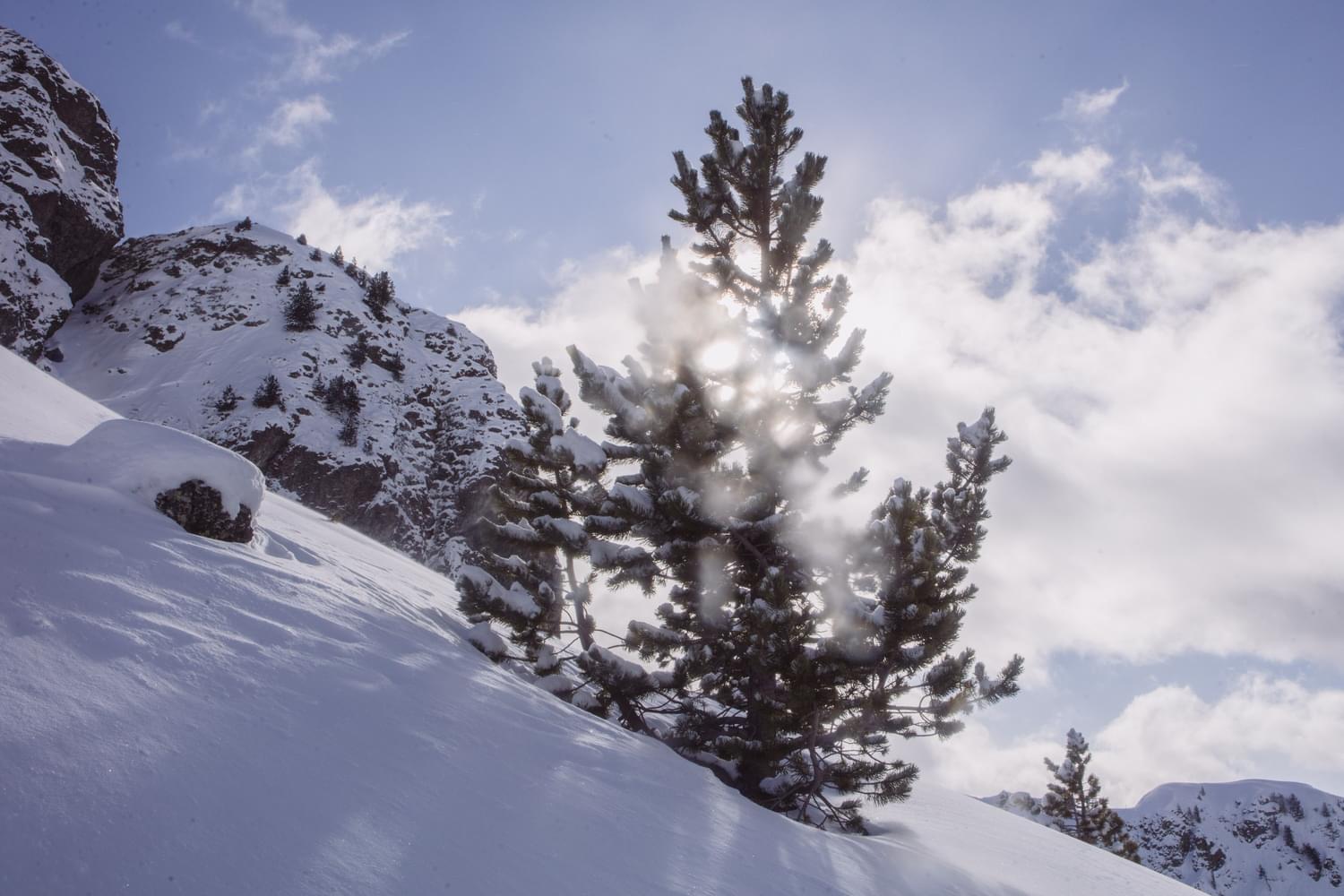The Future of the Mountains
Category: Guides
“If we sit on our hands for the next two decades, we won’t be worried about powder days, tourism or having fun. We’ll be worried about the stability of our environment, our jobs and our economy.” ~ Jeremy Jones, pro-snowboarder and founder of Protect Our Winters
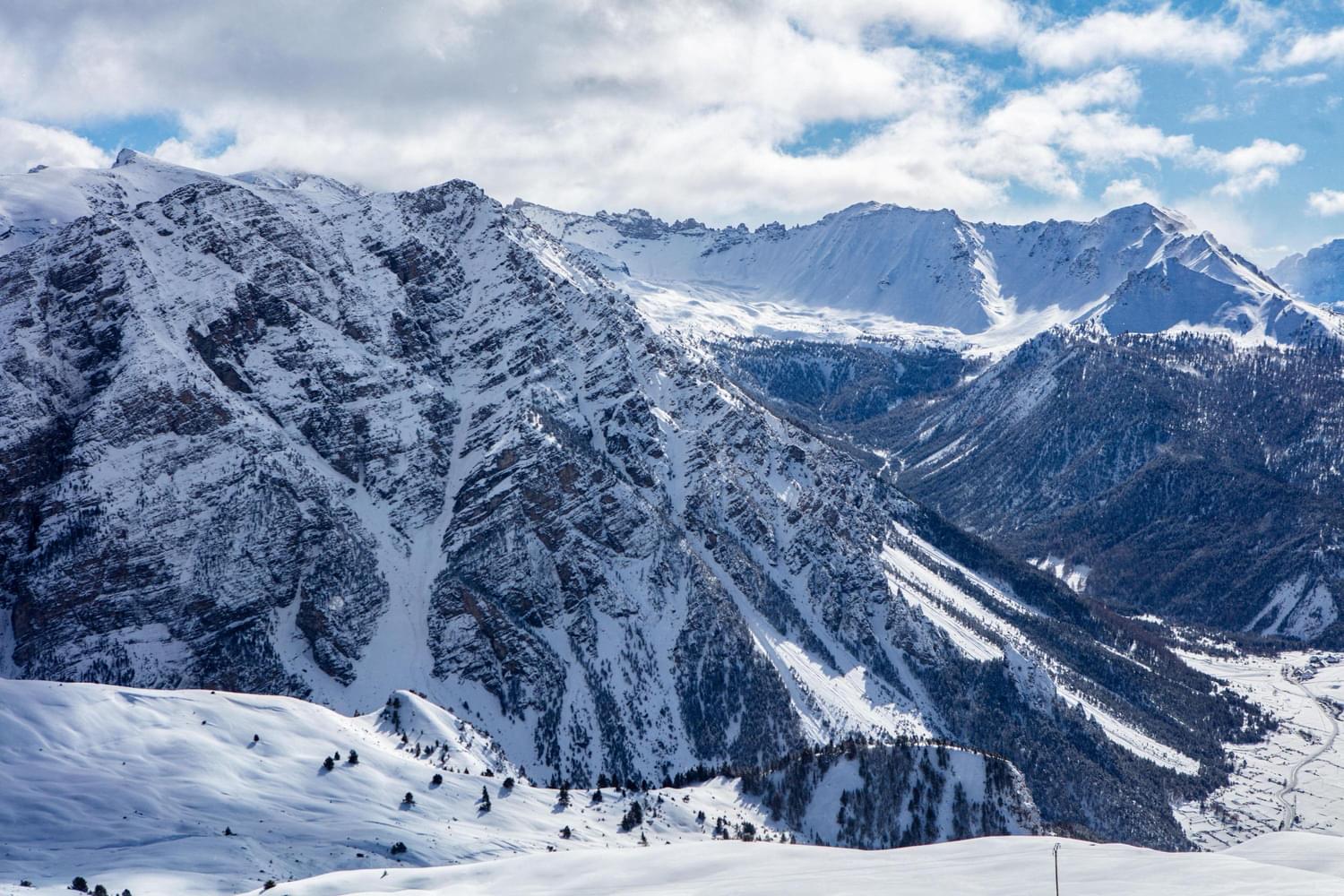
Having been rooted and established in the French Alps since 2006, we are acutely aware and mindful of the wonders of the natural environment and the elements around us. We are, after all, in the presence of greatness in the form of the mighty massifs – so how can we not be? And as for the bigger picture, Mother Nature has a powerful way of teaching us wisdom whilst being truthful about consequences, so we need to take heed.
Climate change is one of the world’s leading threats to alpine climate and snow conditions, this in turn affects our livelihoods. Not only does our business rely on there being enough snowfall to constitute offering winter holidays in Montgenevre, but it affects the ability of our clients to visit and enjoy the mountains to reconnect with nature and create special memories with their loved ones.
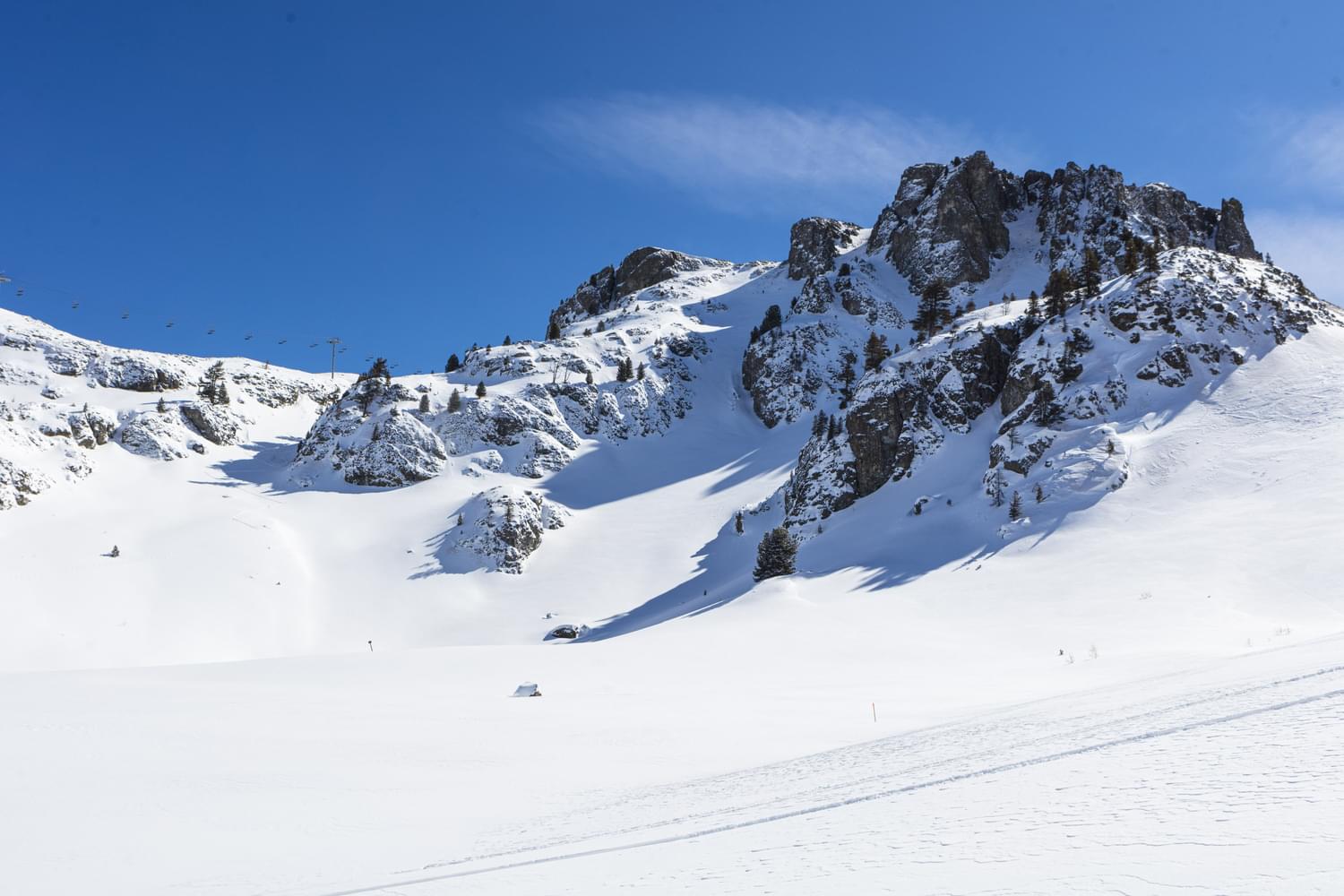
For those of you who have been lucky enough to visit the Alps already, you may have noticed that the tap water is unbelievably fresh and a great difference to what you experience in cities and towns. This is due to most of the water in these regions coming from glacial melt, straight from the mountains. Climate change and a rise in temperatures increases the rate of the melt, which is often why we hear of devastating flooding and sea level rises in certain parts of the world, affecting the livelihoods of innocent people. The more the temperatures rise means more glacial melt and ice mass loss, therefore less is remaining on the mountain/glacier. Ultimately, this leads to the natural water supply, a basic need for everyday life, declining in these regions. There are many glaciers, not far from our favourite resort Montgenevre, which have already experienced severe glacial decline. This includes Mer de Glace glacier Mont Blanc, Aletsch Switzerland, and Triftgletcher glacier Switzerland, where a huge portion of the glacier has disappeared in just 10 years between 2006 and 2017.
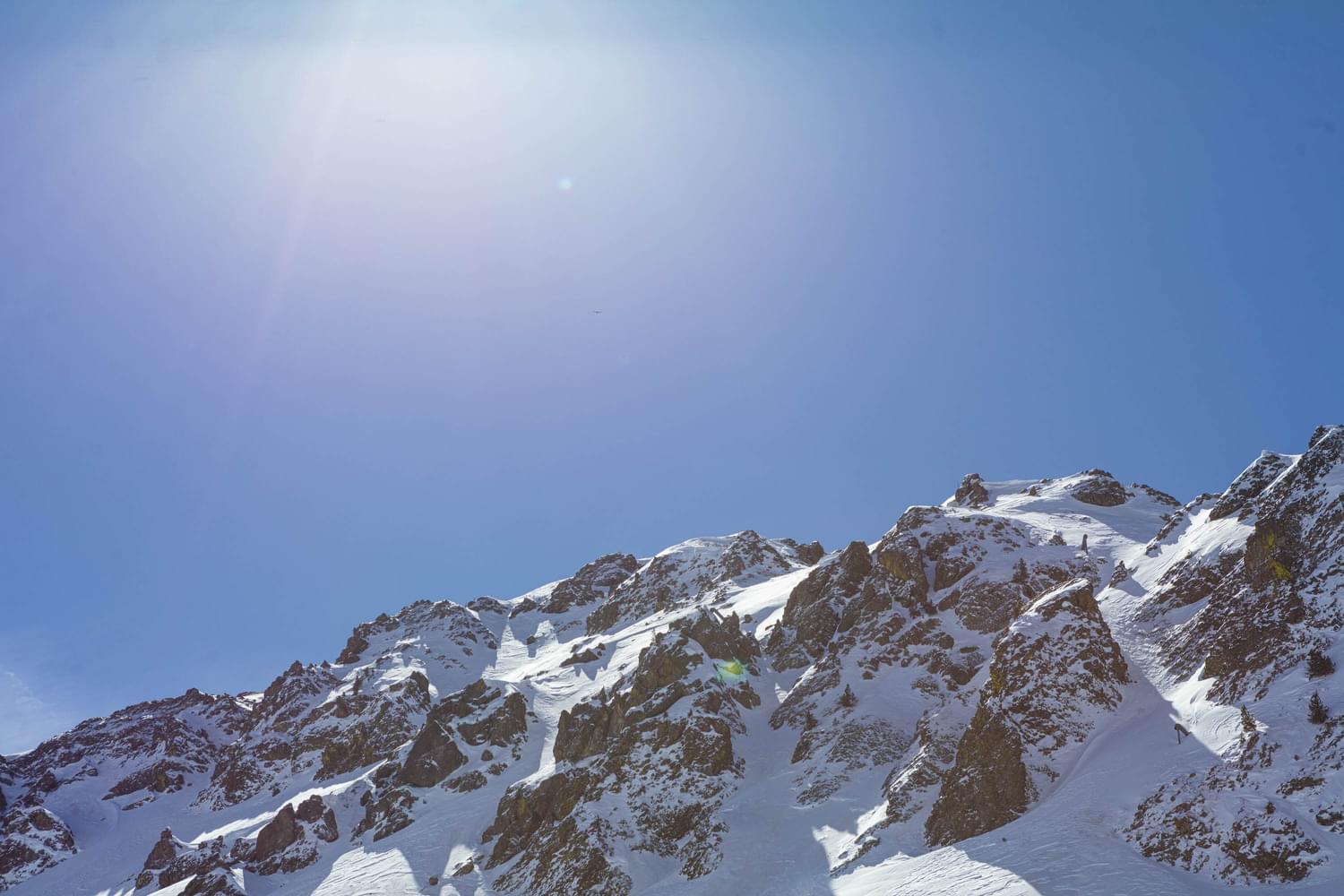
In line with the Paris Agreement in 2015, in order to prevent a severe acceleration of global warming we must keep temperatures to a 1.5 degree increase. Currently, we are on track for a 3 degree increase by the end of the 2000s, which will cause dramatic changes to our planet. Temperatures in alpine regions rise quicker than other areas and have already shown an increase that is double the northern-hemispheric average. If we continue as we are, it is projected that mountain resorts in the Alps at 1000m will have 40 days of the winter with less than 30cm of snow coverage by 2035. This means relying on snow cannons for piste coverage and a dramatic decline in good off-piste conditions. However this comes with challenges in itself, with most cannons requiring a minimum temperature below freezing to be effective. And additionally, excessive water consumption to power the cannons. Some pro snowboarders and skiers are already taking their ‘last descents’, as climate change affects some of their favourite lines around the world.
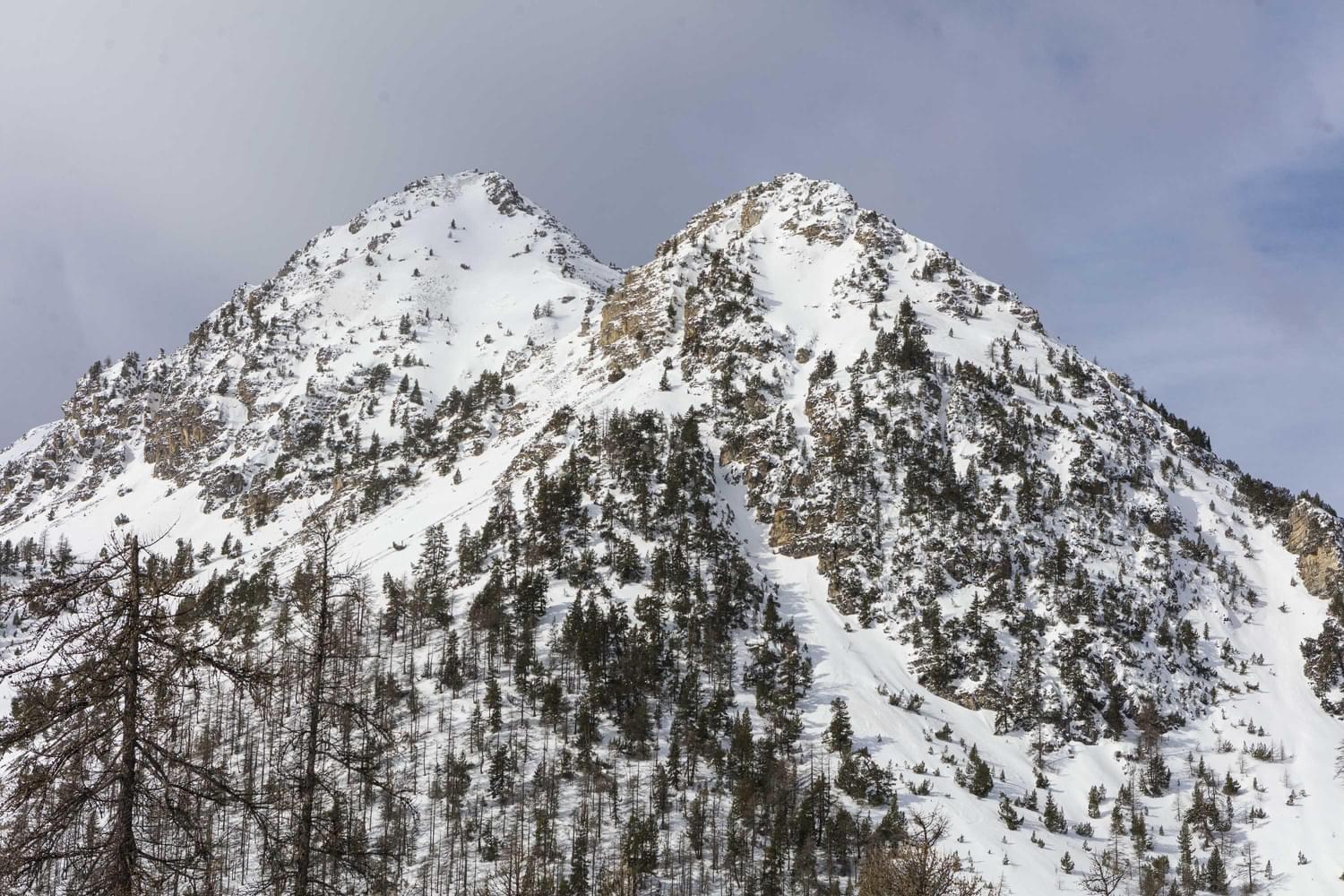
Montgenevre has a reputation for being snow-sure throughout the whole winter and records of the last few years’ conditions are yet to prove this wrong. You may find there are fluctuating temperatures throughout the winter, but the snow continues to fall and we are still riding the pistes into late April. Can you work with us to be more sustainable on your next ski trip and help prevent the environmental decline around the world?
See our blog and Environmental Guide on the link here for how we are taking action and how you can too!
References:
Cryosphere Discussions, 2016
